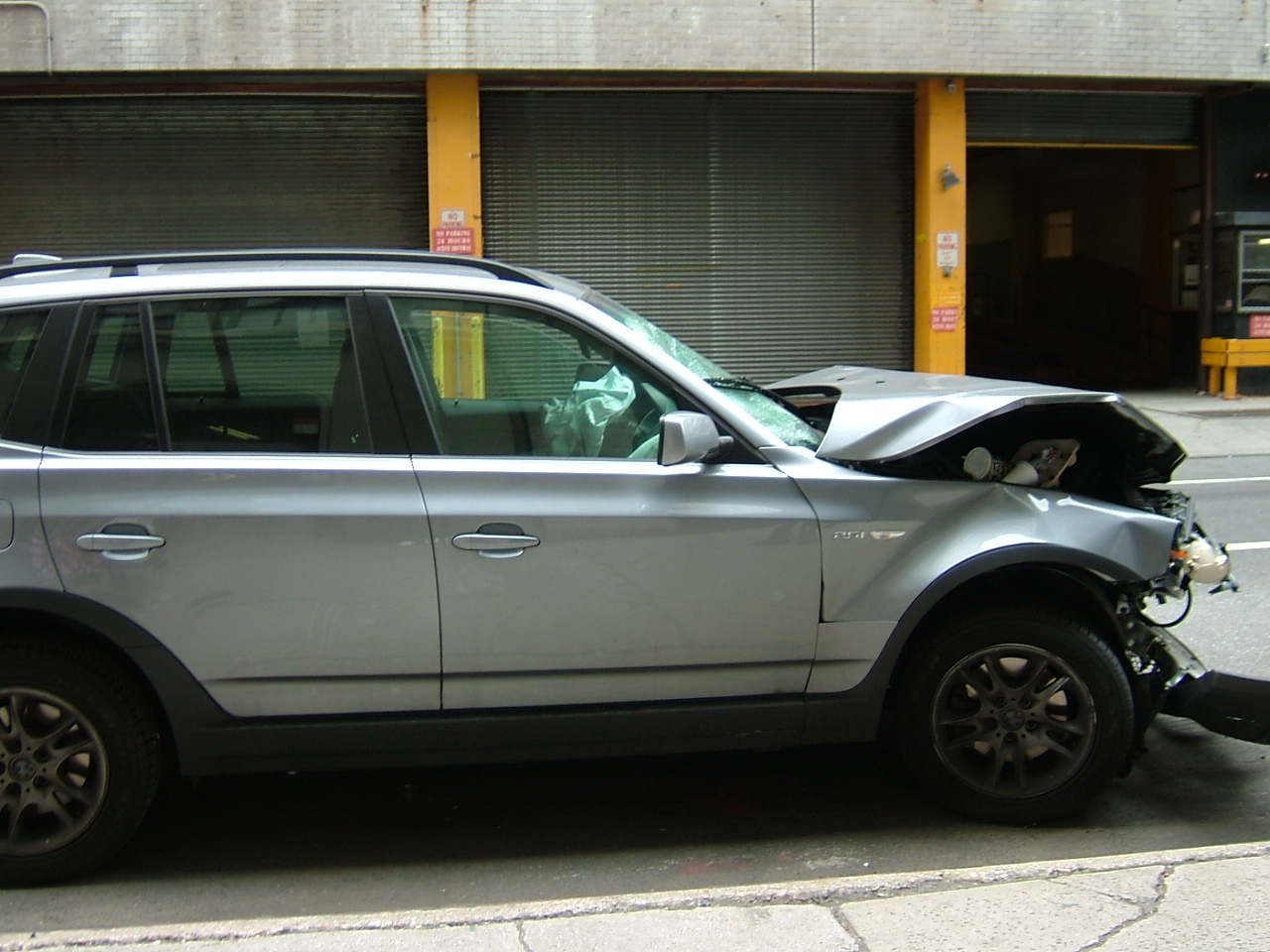
Judge gavel, scales of justice and law books in court
On June 4, 2019, a Middlesex County jury awarded the Plaintiff, Benjamin Roy, a total of $925,000.00, which was reduced by 26% to $684,500.00 for the comparative negligence of Mr. Roy. With interest, the final judgment amounted to $828,301.18.
On February 5, 2015, Mr. Roy, age 37, was working as a foreman for a framing contractor Shawnlee Construction at the construction of an Avalon apartment complex in Marlborough, MA. Shawnlee Construction had subcontracted a portion of the framing work to the Defendant Freitas Corporation. Later in the day, while inspecting the work of the Defendant, Mr. Roy fell through an unguarded opening onto a concrete floor 8-9 feet below, causing him to fracture his right calcaneus (heel bone). Mr. Roy alleged negligence on the part of Defendant Freitas Corporation, namely that Freitas was responsible for installing guardrails in his work area to protect workers from heights of greater than six feet, per OSHA regulations. The Defendant denied that he had failed to install guardrails at any time on this construction project. The evidence presented at trial established that Shawnlee Construction had been having issues with the Defendant adhering to industry safety rules on several prior occasions, including issues with failing to install guardrails in other areas of the construction project. The Defendant also alleged that Mr. Roy was to blame for his injuries because Mr. Roy was looking up at the ceiling at the time that he walked off the edge of the hole in the floor. Mr. Roy testified that as part of his job duties, he was responsible for inspecting the work in the ceiling and expected that the Defendant had installed stairs in the hole in which he ultimately fell, and if he hadn’t, that he would have put up a guardrail around the floor opening. Continue reading

 Boston Workers Compensation Lawyer Blog
Boston Workers Compensation Lawyer Blog


 In the
In the 
 “No-Fault” Insurance Coverage
“No-Fault” Insurance Coverage 

